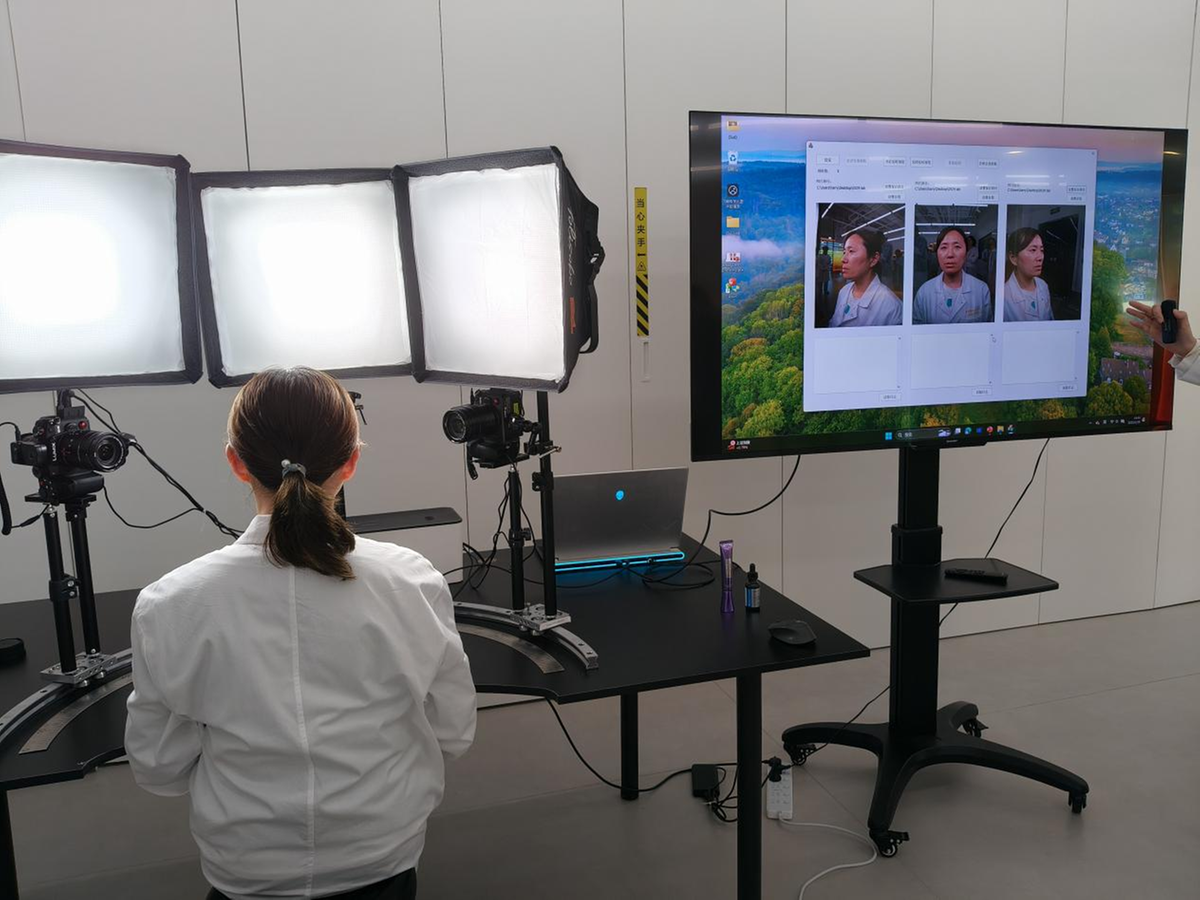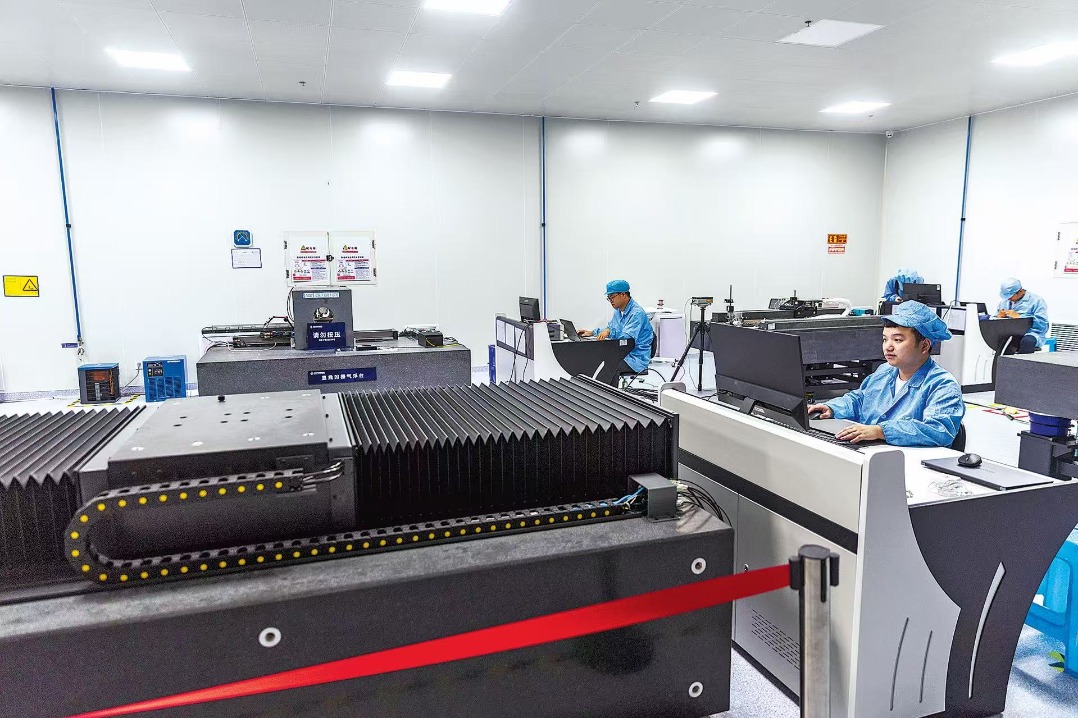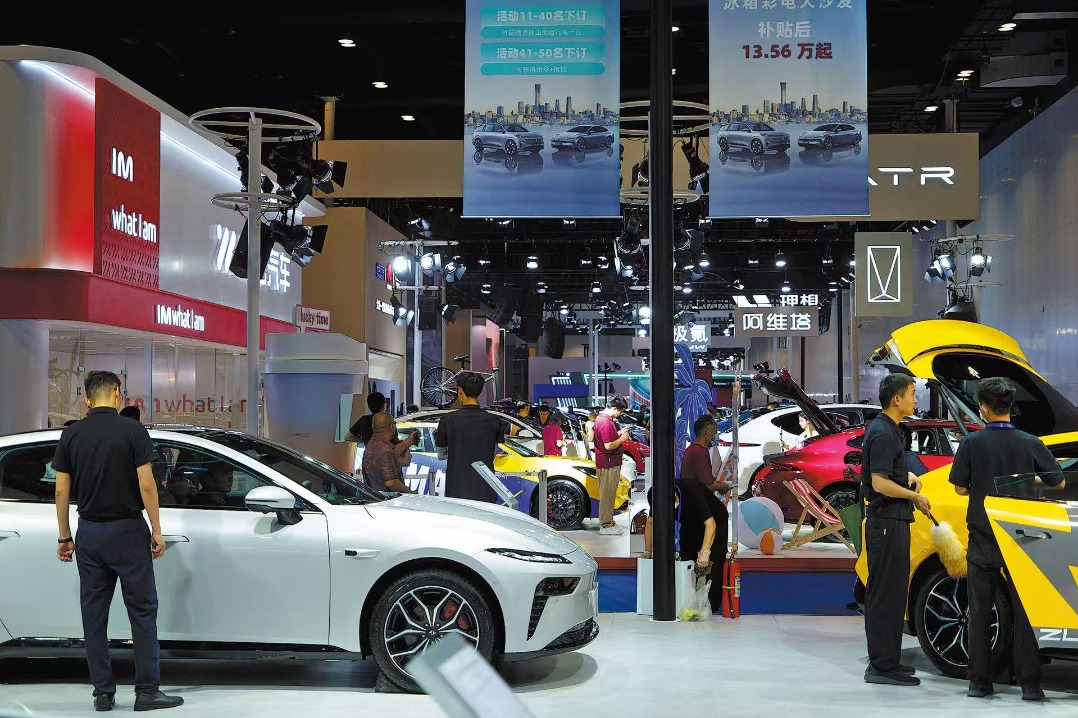European multinationals deepen roots in China with innovation


Top executives from European multinationals highlighted their commitment to aligning with China's development priorities by capitalizing on Shanghai's strengths in talent and innovation during recent interviews. These companies restated their dedication to continued investment in China, underscoring the strategic importance of the Chinese market.
Det Norske Veritas (DNV), a global shipping certification and classification organization, has been at the forefront of this collaborative effort. The company has been spearheading initiatives to establish smart centers for artificial intelligence development and engaging in numerous joint projects with local partners, averaging more than 30 collaborations annually.
With roots tracing back to its establishment in 1864 in Norway, DNV relocated its regional headquarters to Shanghai in 2000, where it currently employs over 1,200 professionals. Notably, out of the 80,000 certifications issued worldwide, 6,000 were specifically for China.
Norbert Kray, chairman of DNV China, emphasized the transformative trends unfolding in the maritime industry, including decarbonization, digitalization, and cybersecurity. "China, as the world's biggest shipbuilder and shipowner, is the most important market in the world for DNV maritime operations," said the chairman.
To bolster support for China's burgeoning shipbuilding sector, DNV announced plans to recruit an additional 100 ship surveyors in the coming year, focusing on talent skilled in data analytics and artificial intelligence. The company is committed to investing in new technologies and fostering collaborations with shipyards and energy providers to expand its presence in Shanghai, a thriving market poised for growth.

In a similar vein, European cosmetic powerhouse L'Oreal is deepening its ties with local innovative biotech firms and technology start-ups to cater to the evolving preferences of Chinese consumers. Xavier Blin, director of L'Oreal Research & Innovation China, emphasized the company's innovative approach to product development in China, leveraging the country's dynamic ecosystem.
Blin highlighted China's status as home to one of the world's most discerning consumer groups for beauty products, presenting vast consumption potential. As L'Oreal marks the 20th anniversary of its center's establishment, the company aims to reach 150 million consumers by 2030, targeting diverse demographic segments such as Generation Z, seniors, and male consumers.
Emphasizing the advanced capabilities of the R&D center in China, Blin noted that it is on par with facilities in France. The center has conducted numerous in-depth studies on the skin and hair of Chinese individuals, leading to the development of over 300 new formulas tailored for Chinese consumers and the generation of 81 invention patents locally.
"China has clearly transformed itself from an adaptation innovation center to a true center of innovation creation," Blin said.
Gu Yingjie contributed to this story.




































